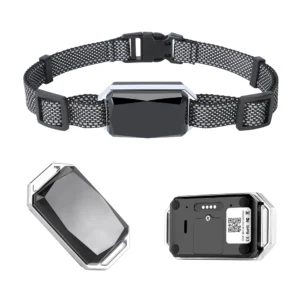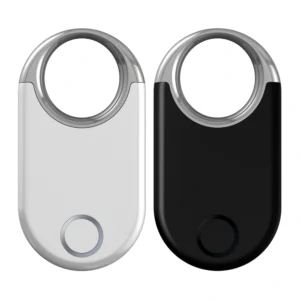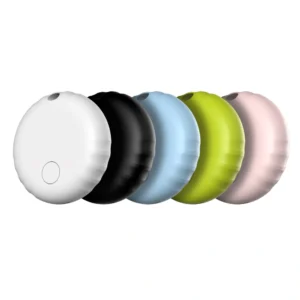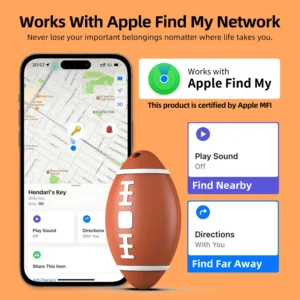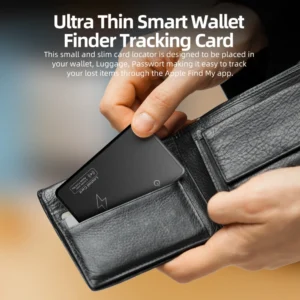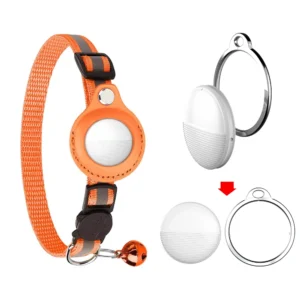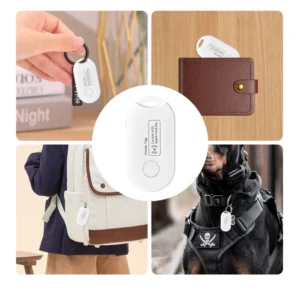A quick guide to buying smart locator tags in bulk
With the popularity of the Internet of things and Smart hardware, Smart Tag/Smart Finder has gradually entered the public life. Demand for products ranging from anti-lost pets and child safety to luggage tracking and corporate asset management is growing.
![]()
For retailers, distributors and corporate purchasers, batch procurement of high-quality smart locator tags is not only related to cost control, but also directly affects the subsequent market reputation and customer experience. However, in the face of the global supply chain and the mixed market environment, how to find a reliable, long-term cooperation of suppliers has become the most critical part of procurement decisions.
An overview of the market and application of smart locator tags
Before making a purchase, the basic types of products and application scenarios need to be clarified, which helps to determine the purchasing criteria:
1. Major types
Bluetooth Tracker: found on airtags, tiles, and Samsung smarttags, Bluetooth trackers use your phone’s Bluetooth and“Find the network” to locate your location.
GPS Tracker: supports real-time location tracking for logistics, fleet management, or large-scale monitoring scenarios.
Hybrid devices: support Bluetooth + GPS + cellular network (eSIM/NB-IOT) multi-mode positioning, positioning accuracy is high, but the cost is relatively high.

2. scenarios
Consumer Goods: Anti-loss and tracking of personal items, pets, and luggage.
Enterprise category: Warehousing Management, vehicle scheduling, sharing economy (such as bike sharing) , etc. .
Special Industries: Medical Equipment Monitoring, logistics cold chain tracking, etc. .
CLEAR purchasing requirements help to focus on the most appropriate product route when selecting suppliers.
Key considerations for bulk purchasing
Before entering the supplier selection process, purchasers should have a clear understanding of the following key indicators:
1. Product performance
Positioning accuracy and stability (Bluetooth connection distance, GPS positioning error) .
Battery life (primary vs. rechargeable) .
Waterproof and dustproof (IP65, IP67, etc.) .
Compatibility with mainstream ecosystems (Apple Find My, Google Find My Device, Samsung SmartThings) .
2. Quality and certification
International Certification: CE, FCC, RoHS, UKCA, etc. .
Ecological Authentication: such as Apple MFI (required for docking Find My network) .
Factory qualification: ISO9001, BSCI, etc. .
3. Supply chain and delivery capability
Minimum order quantity (MOQ) : is the minimum purchase quantity in line with budget and sales plan.
Production capacity and delivery date: whether high volume orders can be delivered on time.
Customization: Does It support LOGO printing, Shell color customization, and APP UI customization.

4. Price and aftermarket
Is there a tiered price (1,000,5,000,10,000 units price difference) .
Support for after-sales warranty and technical support.
Does it provide firmware updates and long-term maintenance.
Find reliable supplier channels
A stable supplier should not only have products, but also the ability to deliver and the willingness to cooperate. Here are some common channels:
International B2B platforms
Alibaba/1688: a huge number of suppliers, but carefully screened to prevent middlemen pretending to be factories.
Global Sources/Made-in-china: prefer export-oriented suppliers with more foreign trade experience.
Exhibition and offline channels
Hong Kong Electronics Show (HKTDC) , CES, Canton Fair: face-to-face communication, field testing products.
Within the industry, PET products show, Consumer Electronics Show: more targeted market segments.
Official channels of cooperation
If you need Apple Find My certified products, you can filter the partner factories through Apple’s official MFI authorization list.
If you prefer the Android ecosystem, check out Google Find My Device network for compatible partners.
Third-party services
With the help of purchasing agents for factory audits and order monitoring, suitable for first-time buyers in the industry.
Steps of supplier evaluation and screening
How to determine“Who is more reliable” among suppliers? You can do this step-by-step through the following dimensions:
Qualification verification
Check the business license, Export Record, certification certificate is complete.
Verify that the factory is real by videoconference or site visit.
Sample testing
Ask for a small batch of samples to test positioning accuracy, endurance, and water resistance.
Compare several products, observe the difference in stability.
Factory strength
Focus on line size, automation, monthly capacity.
Whether there is an independent R & D team that can do APP/firmware iterations.
Word of mouth and customer base
Have you worked with well-known brands/retailers.
Experience with cross-border e-commerce (Amazon, Walmart) .
After-sales and risk management
Are quality assurance agreements in place (e.g. DOA rate < 1%) .
Whether third party quality inspection is supported.
Is there spare capacity to prevent out-of-stock.
Common purchasing traps and solutions
The low-price trap
The problem: some suppliers attract customers with extremely low prices, but the quality of their products varies.
The solution: focus on“Value for money” rather than the lowest price, give priority to manufacturers with long-term reputation.
Delay in delivery
Problem: factories are overbooking orders, causing delays in delivery.
Solution: include delivery dates and default clauses in contracts.
False certifications
Problem: Fake CE/FCC certificates, resulting in customs clearance or blocked sales.
Solution: require a searchable authentication number and verify it on a third-party website.
Missing after sales
Problem: high failure rate after receiving goods, but supplier shirks responsibility.
The Solution: agree warranty terms in advance and pay in installments (the balance is linked to acceptance) .
Conclusions and recommendations
The batch purchase of Intelligent Locator label is a systematic project involving product quality, supply chain capability and business reputation.
Recommended Procurement Path: small batch trial order → product testing → Factory Audit → Batch Order → long-term cooperation, this path is the most secure.
Core concerns: do not blindly pursue low prices, should focus on product stability, certification compliance and supplier after-sales capabilities.
Decision-making tool suggestion: Establish, supplier scoring form (from quality, price, delivery, service four dimensions score) , with data-based way to assist decision-making.
In the end, finding a supplier who can work with you for the long term and who is willing to grow together is often more valuable than driving down the price one at a time.

